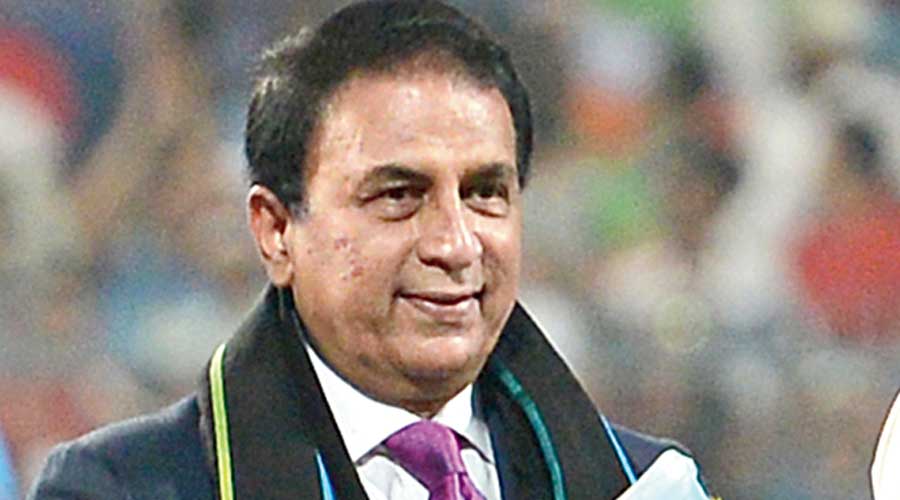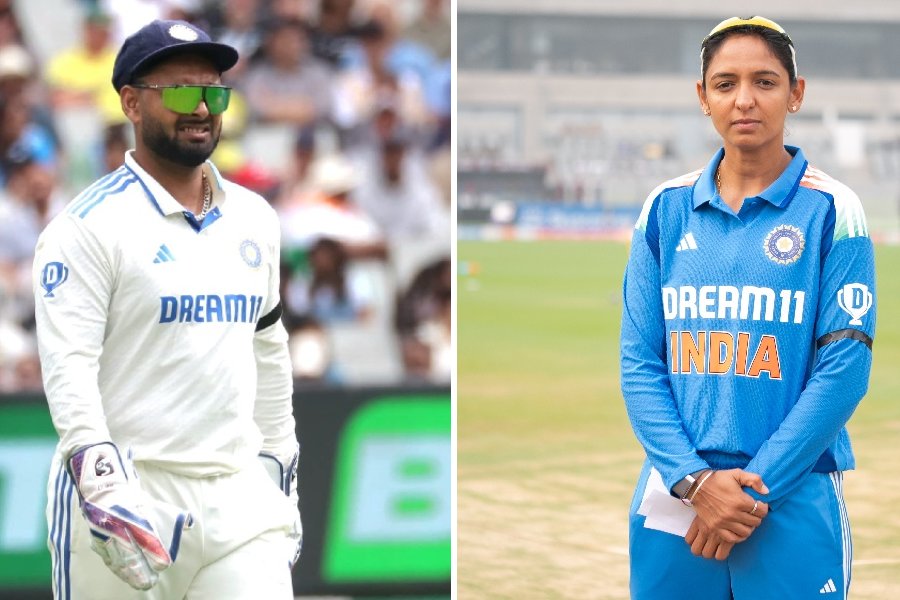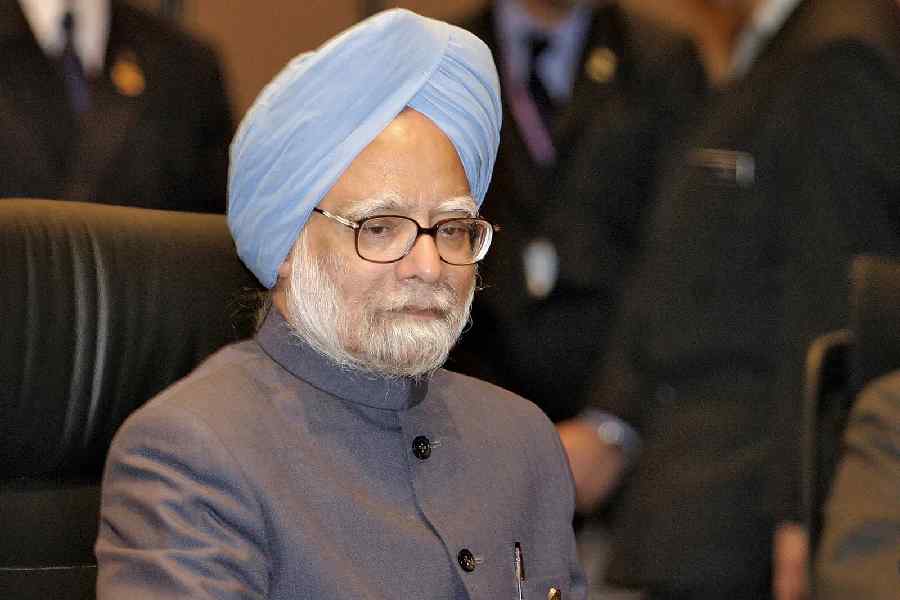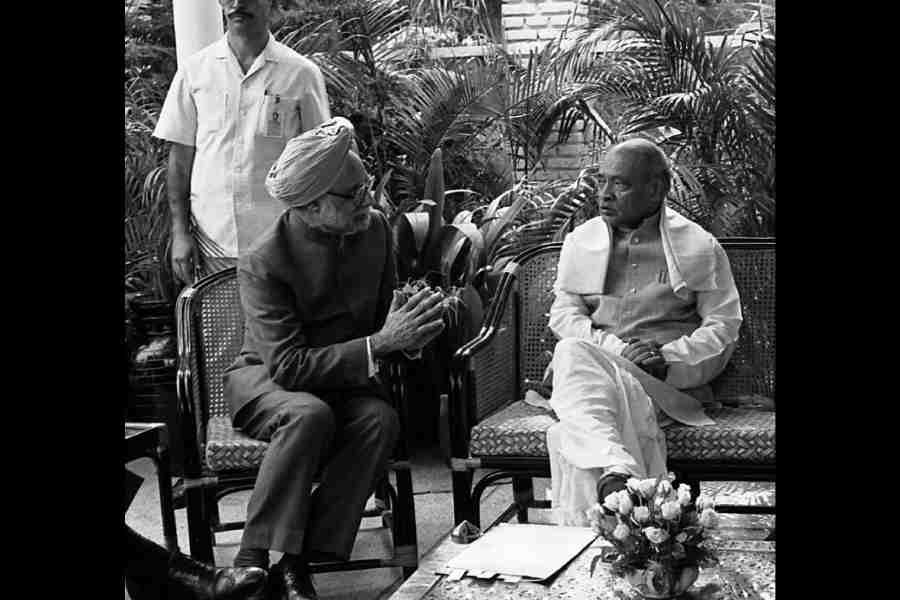Batting legend Sunil Gavaskar is India’s third most successful batsman in England (1152 runs in 16 Tests at an average of 41.14) after Sachin Tendulkar and Rahul Dravid.
The former India captain spoke to The Telegraph on his playing days in England and the forthcoming tour.
Excerpts:
⚫ The Telegraph: What does it take for a batsman to achieve success in English conditions?
Gavaskar: For a batsman in England, it’s important to play the ball as late as possible and as close to the body because of the late movement in the air and off the surface.
⚫ Why is it that some batsmen who achieved success on the bouncy and fast Australian pitches have struggled in England? Does it need special technique to tackle the movement in the air and off the pitch?
On pitches like those in Australia, a batsman can play through the line as well as on the rise without getting to the pitch of the ball as there’s hardly any movement there. In England, though there can be movement in the air and after the ball lands too, playing through the line can sometimes be a risky proposition.
⚫ After your record-breaking debut series in the West Indies, you toured England in 1971 but didn’t get a hundred. You had to wait till your next series in 1974 where you got a century in the first Test. Any particular reason for the delay in getting a hundred or was it just bad luck?
My first trip to England was immediately after my debut series in the West Indies. Compared to those West Indian pitches, the ball didn’t quite come on to the bat (in England), so it became a struggle to play shots. There was greater movement too and I was unable to cope with that. That’s why I rate the 57 I got at Old Trafford as my best effort in Tests as it came in freezing cold conditions on a green grassy pitch with a slight drizzle… pitch-wise, and especially weather-wise, which were alien to what I was brought up on. So it wasn’t bad luck but plain and simple lack of ability that had me struggling in England.
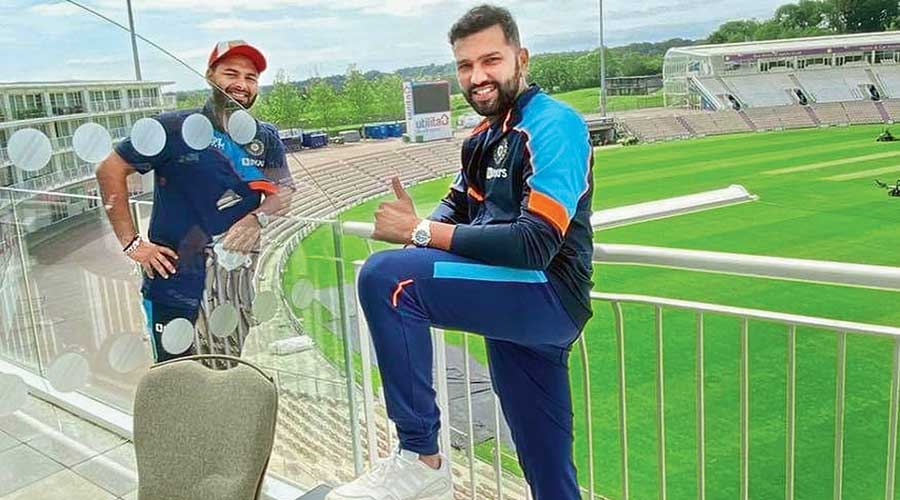
Rohit Sharma and (left) Rishabh Pant at the team hotel in Southampton on Thursday, ahead of the WTC final versus New Zealand later this month. Twitter
⚫ Then in 1979 there was that historic 221 at The Oval when India almost ended up chasing 438. Will that innings remain your best in England and why?
No, the 57 in 1971 remains my best effort and the 101 again at Manchester (1974) is my best Test century.
⚫ Though you toured England twice after that, you didn’t get a hundred. Your next century was the 188 for Rest of World in MCC’s bicentenary match in 1987. Did the fact that you finally got your name on the Lord’s Honours Board mean much?
I said then that whether I was playing in Timbuktu or anywhere, I was keen on going out with a big score. Getting the name on the Honours Board was not a high at all but getting a hundred in my last big match certainly was.
⚫ Indian teams have lost badly in England since 2007. The batting has failed miserably. Was that the only reason for the failure to win a series after 2007?
There’s an oft-repeated saying that to win a Test match a team needs to take 20 wickets. But as we saw in South Africa in 2017-18, where the bowlers took all 60 wickets in the three Test matches, and in England in 2018, where the bowlers took 95 out of 100 possible wickets, India still lost both the series because the batsmen didn’t get that one more run than the opposition.
⚫ Who would be your top-3 Indian batsmen you witnessed in England?
During the time that I toured England, the top batsmen were GR Viswanath and Dilip Vengsarkar while Sandeep Patil scored one of the most thrilling centuries that I have witnessed.
⚫ Will winning the World Test Championship fall in the same bracket as winning the World Cup or even higher?
Any trophy you win is huge for it means you are the best among others. In the 50 overs World Cup, all teams play against each other, so winning there is like actually beating the world. That’s not the case in the WTC where all teams haven’t played against each other, so it can’t be on par. That said, India have played against all the top teams except Pakistan and Sri Lanka in this cycle, so winning the WTC will be a massive achievement.
⚫ India haven’t done well against NZ on away tours recently. Will India’s batting decide the outcome in the WTC final or will it be a bowlers’ contest?
The ball moves a lot more in June in England so it will be a challenge for the batsmen of both teams as both have a terrific pace attack.
⚫ Will the use of Dukes ball in the WTC final help India?
The Dukes ball has shown that it certainly is one that moves in favourable conditions... so the swing bowlers will enjoy bowling with it for sure.
⚫ How much of an impact will the WTC final have on the Test series versus England? Will Jofra Archer’s likely absence mean a lot? Your predictions…
The Test series against England starts more than six weeks after the WTC final, so the result of that single game will have little or no impact on the India v England series. India will win the series 4-0 since it’s being played in August-September.
⚫ Should having a reserve day in Tests to make up for lost time be made mandatory like in the WTC final?
No... if a Test doesn’t finish in five days due to weather, there should not be a reserve day. It’s okay for a one-off event like the WTC final but not for a proper Test series.

